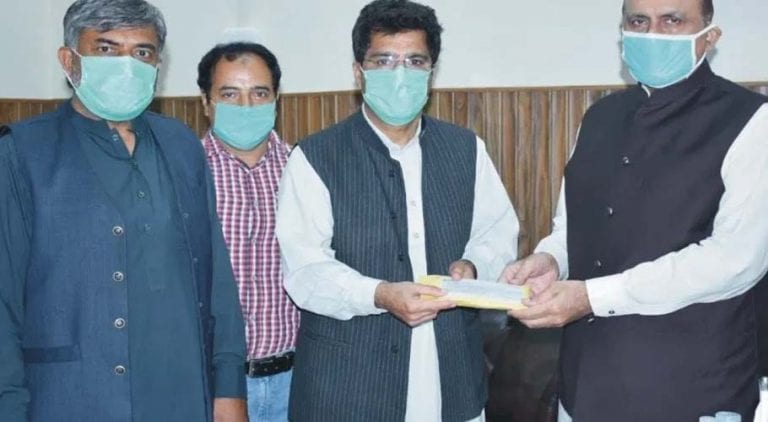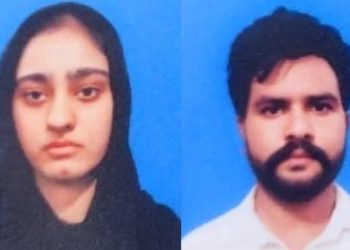CCBS receives Rs 3.9 million donations
Related Stories
Trending Stories
Opinion
July 15, 2025
- Nadeem Moulvi
June 29, 2025
- Munir Ahmed
June 28, 2025
- Munir Ahmed
No posts found
NDMA issues alert for heavy rains, urban flooding in northern areas
by APP
A fresh spell of intense monsoon rains is forecast to hit northern Pakistan from...
Sugar crisis: Mill owners pocket Rs300 billion from price manipulation
During the ongoing rise in sugar prices in the country, a shocking revelation has...
Tragic bus crash in Chakwal: 6 dead, 24 injured near Dhok Sial
A bus fell into a ravine near Dhok Sial on the motorway in Chakwal,...
MM Digital (Pvt.) Ltd.
MM News is a subsidiary of the MM Group of Companies. It was established in 2019 with the aim of providing people of Pakistan access to unbiased information.
Contact Details: 03200201537





































